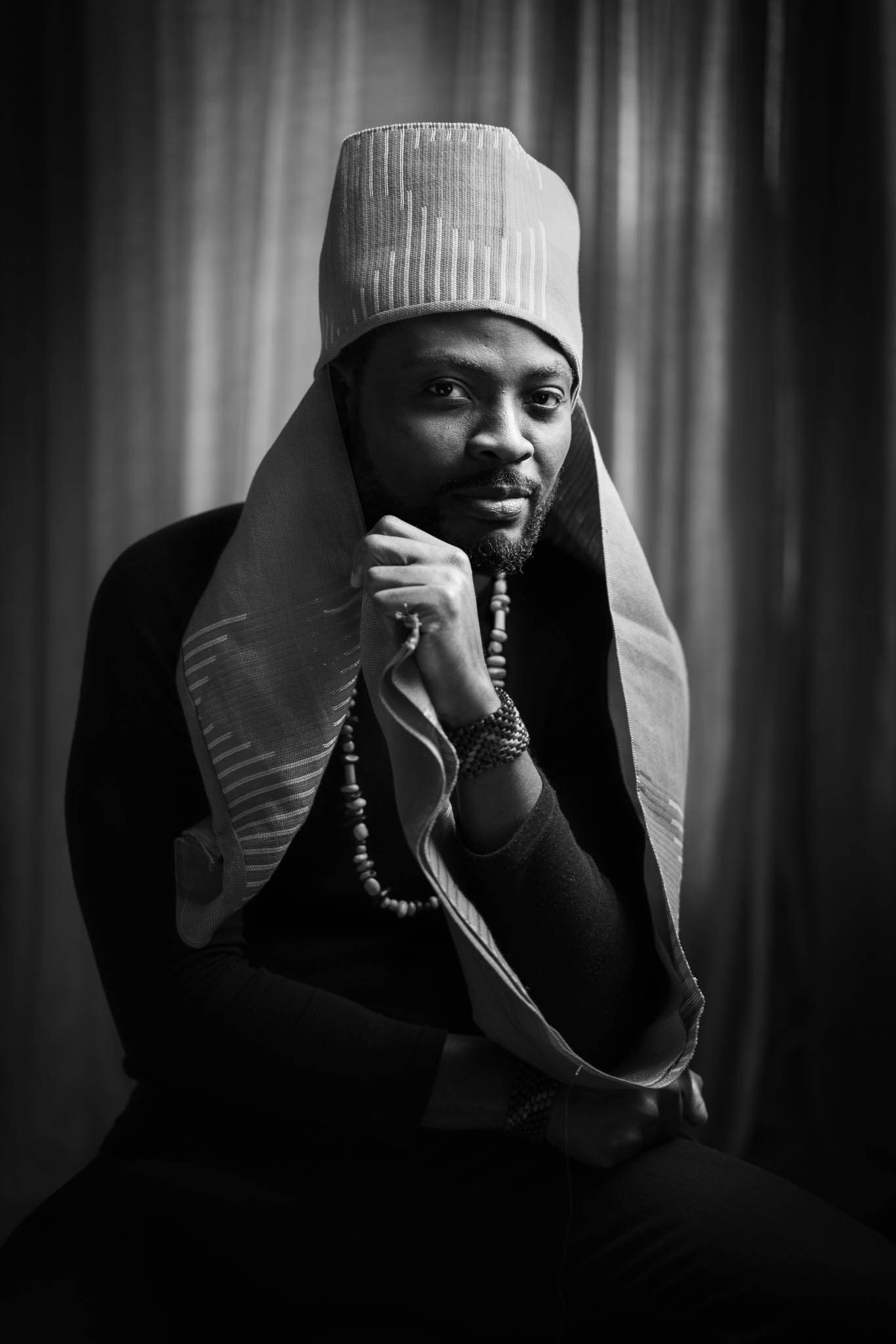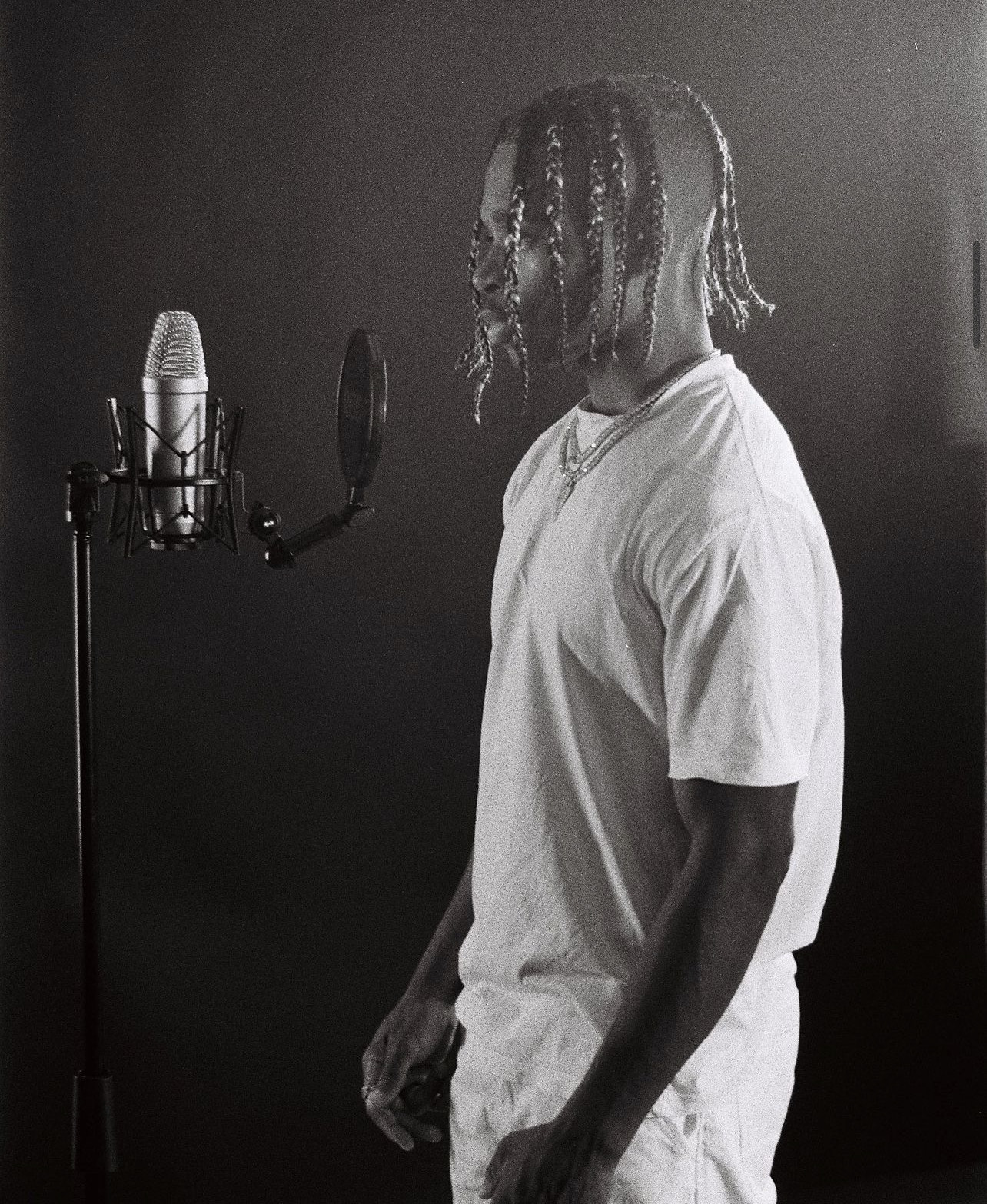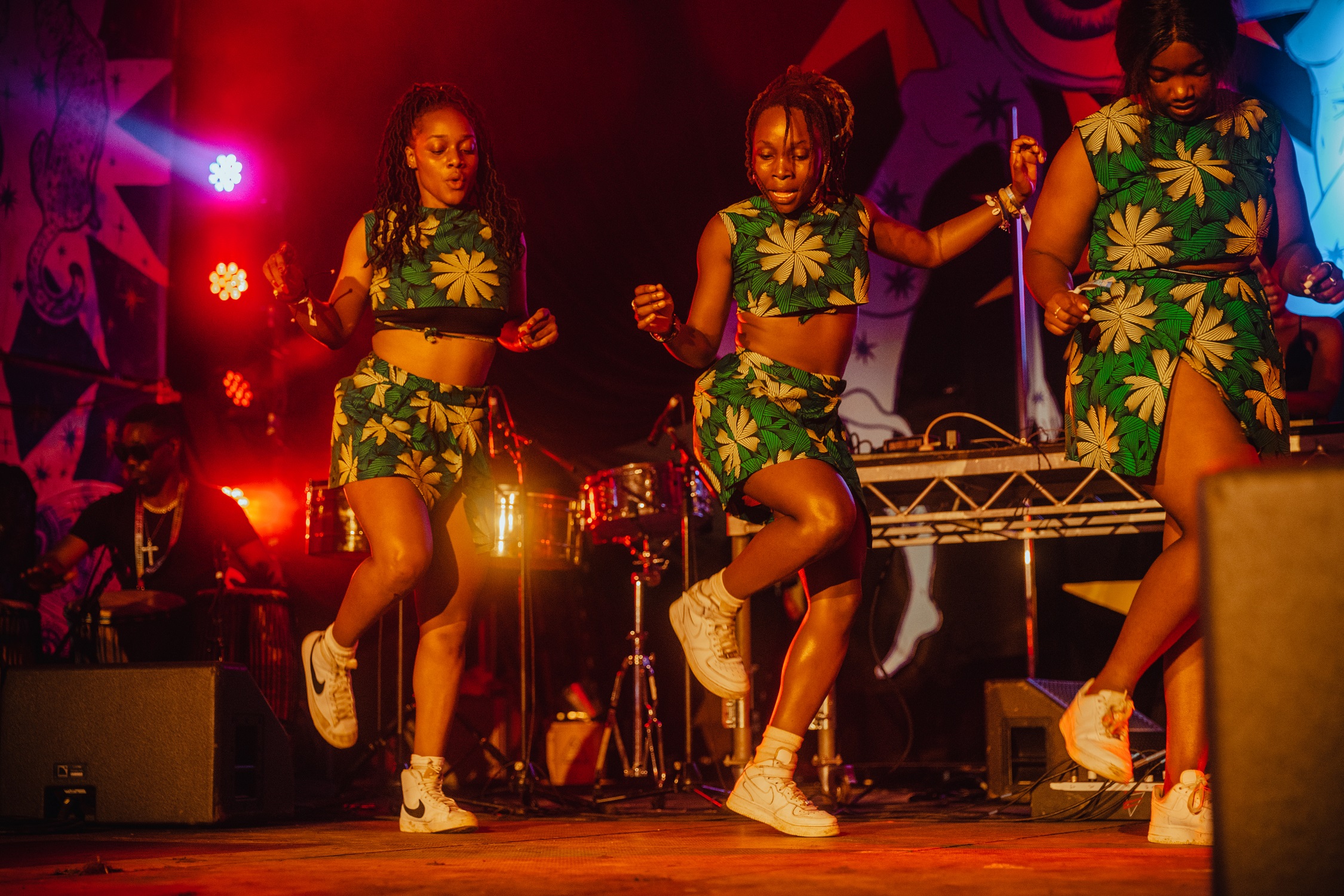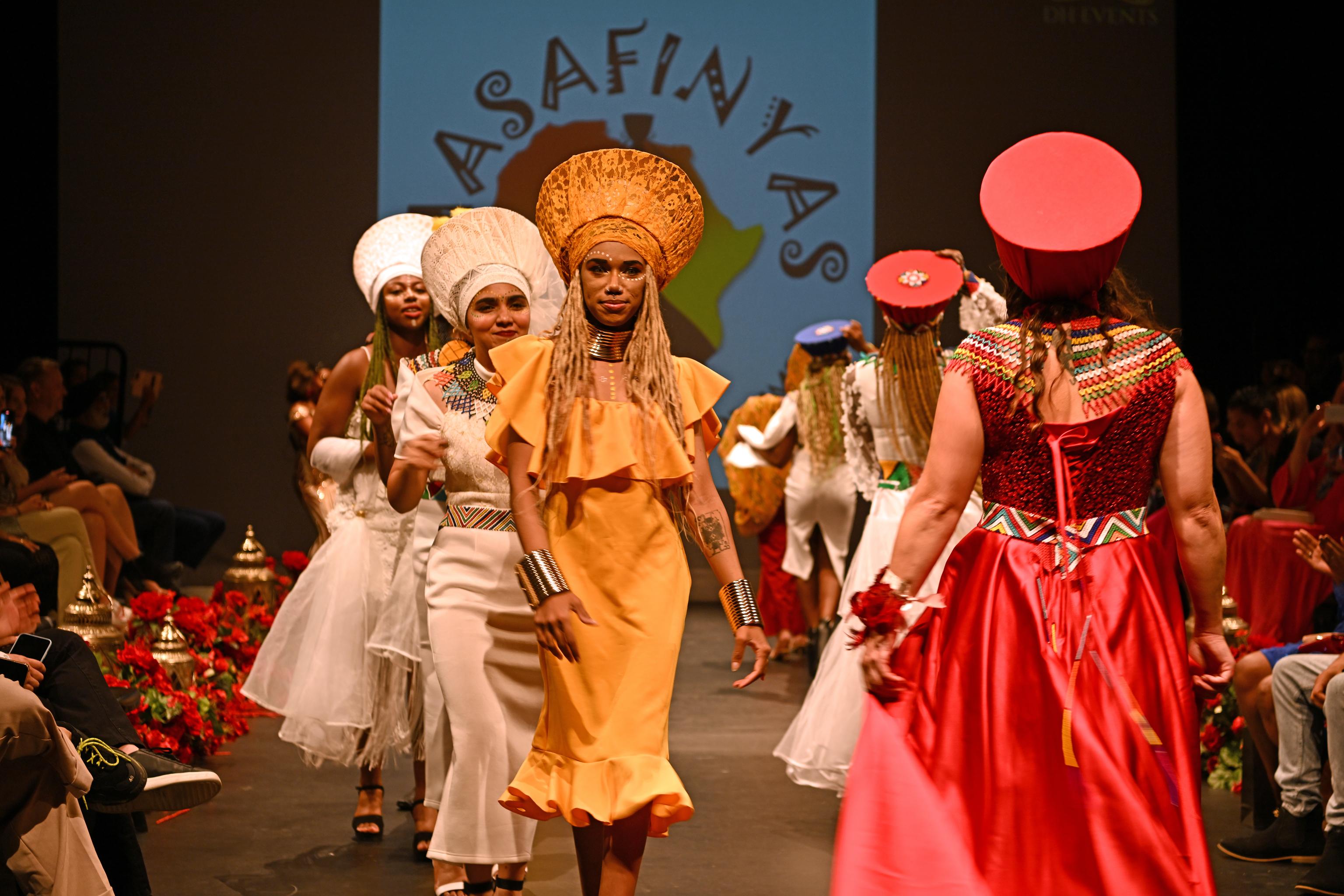Freyberg Square will move to the drumbeats of Africa on Saturday 6 May when Ellen Melville Centre hosts ‘An Afrikan Market’, ushering in Africa Month.
An Afrikan Market celebrates African cultures in Tāmaki Makaurau, building on the success of Auckland Council’s Africa Month launch in 2022.
With support from the city centre targeted rate, Auckland Council is providing a platform for the food, fashion, art, dance and music of Aucklanders whose roots are found in the richly colourful cultures of the African continent.
The 2018 Census recorded 16,890 Kiwis who identified within the ‘African Ethnic Group’, with a median age of 26.5 years. This group is shown in the census data to have grown by 58.6 per cent between 2006 and 2018. In addition, there are around 68,000 South African-born people living in New Zealand.
The programme starts at midday on Saturday 6 May and runs until 6pm with free entry. Everyone is welcome to experience An Afrikan Market. Join the joyous beats, tastes and sounds of Africa created by talented contemporary artists who call Auckland home.
“It’s great to see Africa Month returning to Freyberg Square in May. I’m delighted to see events like this supporting the city centre, which is showing strong signs of thriving again. It’s also an awesome opportunity for Aucklanders of African ancestry to celebrate their cultures and showcase them with the wider community,” says Councillor Richard Hills.
He says that Auckland’s many cultural festivals - World of Cultures, Lantern Festival, Diwali, the recent Korean festival KCAKL and now Africa Month - help Aucklanders feel connected to and proud of their multi-cultural city, home to more than 180 ethnicities. (Source: Auckland Council RIMU - Research and Evaluation Unit, using 2018 Census data.)
Don’t miss Ch! Nonso who has just released his debut EP Kola Nuts and Chardonnay. Nigerian born, Ch! Nonso’s sounds have deep roots in traditional Igbo rhythms, spiced with RnB, Afrobeat, jazz, soul, Stevie Wonder and other musical influences.
“His reflective lyricism aims to make sense of that sometimes-awkward space between traditional African and indigenous cultures, colonial influences and contemporary western culture,” explains Auckland Council programme coordinator Adorate Mizero, herself a Burundian African Aucklander.


Also on stage will be Tida - a Zimbabwean-born New Zealand-raised rapper, singer and songwriter. Tida’s music encompasses joy, happiness, self-love and brings people together. The talented artist aspires to be a role model in his community, making music and uplifting youth who feel like they are alone in this world sometimes.
“Tida, who is known also as Matida Nyamazana, wants to inspire his peers to be great, and feel self-love like he has taught himself,” says Adorate Mizero.
Other performers on stage for An African Market include DJ ORIKoL, DJ Banty, Mangaliso, Fathe and the Sweetos, Karima & Voyajah, Black Sunday Drummers, Afro-Tronic Fusion + Audrey and ABADA Capoeira.

Food stalls will offer deliciousness from Nigeria, Rwanda, Ethiopia, Ghana and South Africa.
Fashion shows will feature Masafinyas created by Rosemary Carter with striking hats and accessories inspired by Southern Africa, and also the work of fashion designer Zanzibar, a Zanzibarian fashion house founded in New Zealand in 2018 by Asya Mohamed Abeid.
Children will have the opportunity to make leaf collages, paint with marigold ink and make fabric covered jars inspired by the colours and natural landscapes of Africa.

Caretaker’s cottage hosts Rituals Installation
Later in Africa Month, don’t miss Rituals Installation - from 20 May to 19 June – at the caretaker’s cottage in Albert Park.
Healing and the need to heal is an inevitability in life. In this art show African creatives explore how the imagination can be a source for healing, and how imagined rituals can be a source for ongoing acts of healing.
For further details on Africa Month please visit: OurAuckland

